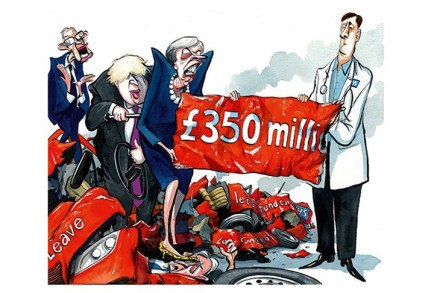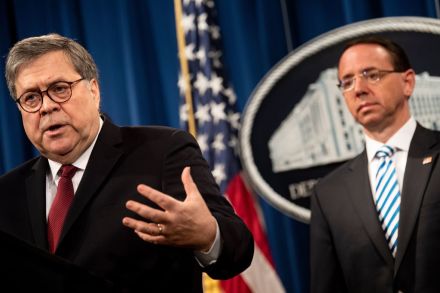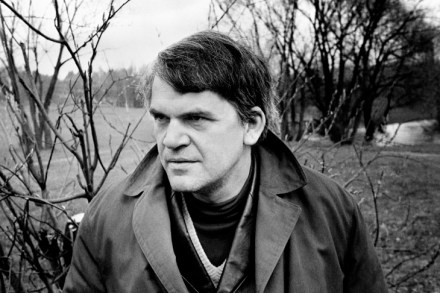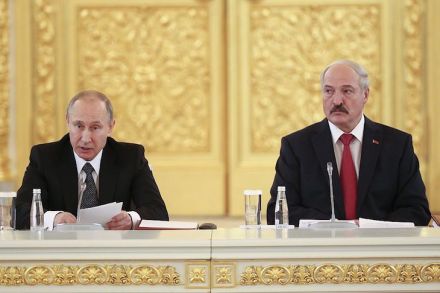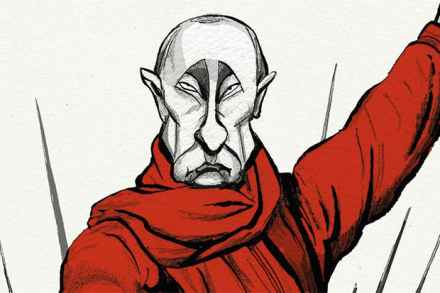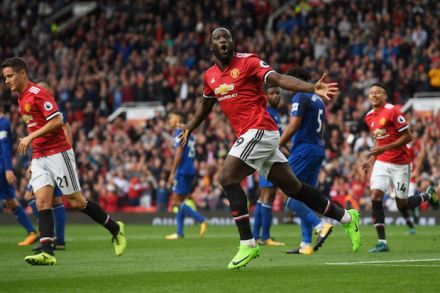Corona confusion is being ruthlessly weaponised
Few words have as great a hold on the contemporary imagination as ‘disinformation.’ Few words are as ubiquitous in contemporary discourse or as pervasive in political mud-slinging. Donald Trump castigates the ‘fake news’ media for perceived bias against him; Hillary Clinton blames foreign influence operations for her election loss. Disinformation, propaganda, lies: whatever you wish to call it, it’s the bogeyman of our age, a convenient repository for all our sins. There is a reason for this. The author Shoshana Zuboff has correctly observed that information technology brought with it a revolution that reordered capitalism. Human experience – as found in data, which is how we now harness information –







